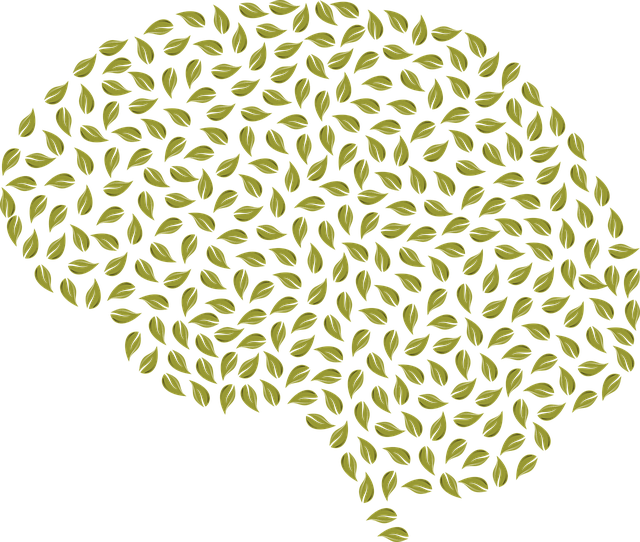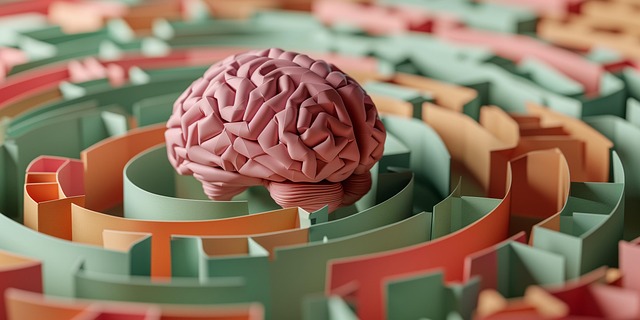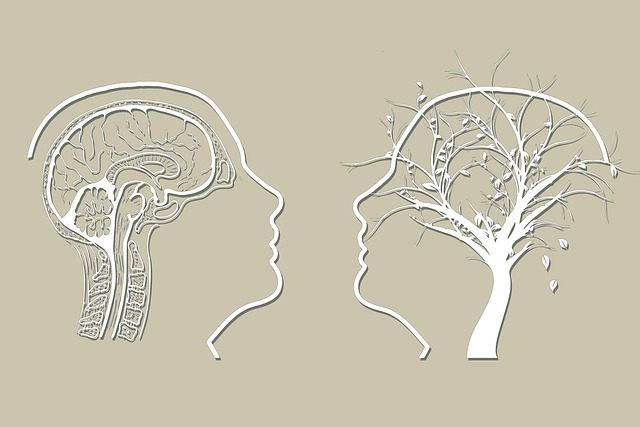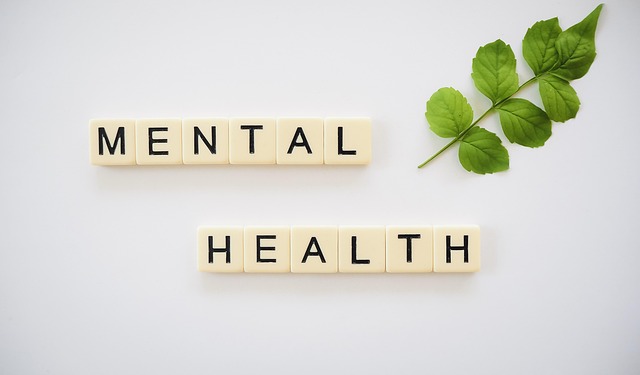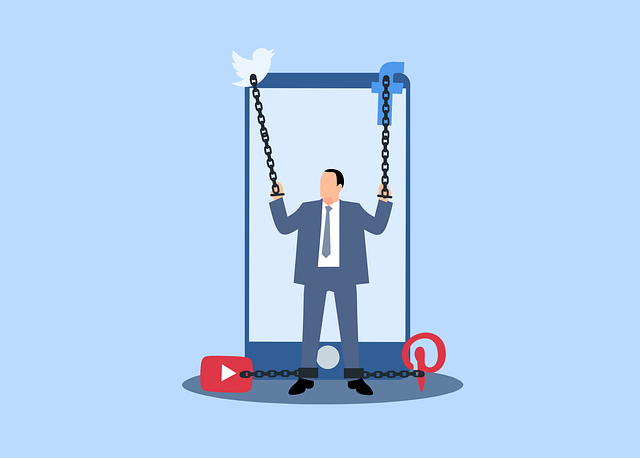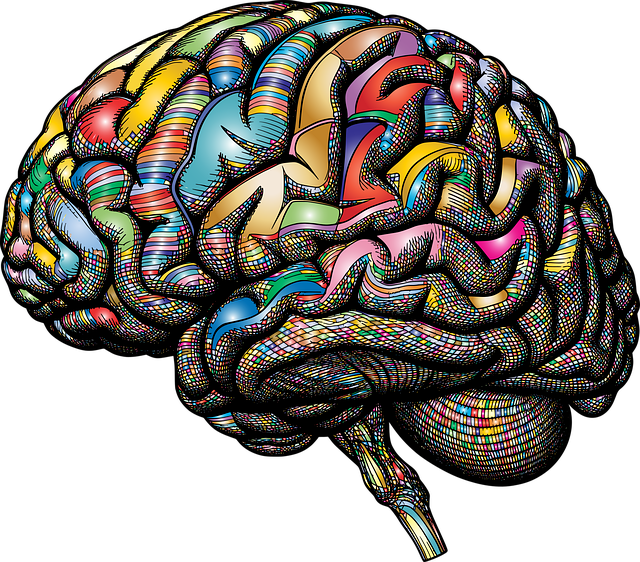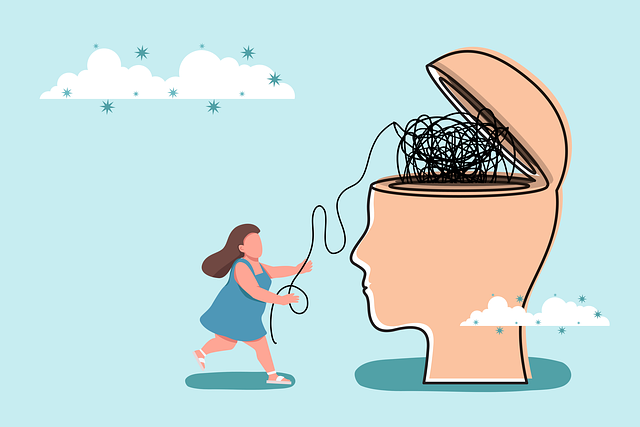Therapy for Play Therapy is a powerful approach that teaches children emotional regulation through creative techniques like storytelling, art therapy, and role-playing. These methods help kids understand and express their feelings, develop healthy coping mechanisms, and build emotional intelligence. By integrating emotion regulation into play therapy, therapists reduce mental illness stigma, enhance engagement, and create safer therapeutic environments. This early intervention benefits individuals across diverse ages and backgrounds, promoting better communication, reducing conflicts, and fostering empathy within communities. Therapy for Play Therapy offers transformative experiences that empower children to navigate emotional challenges effectively.
Emotion regulation techniques are a cornerstone of effective play therapy, empowering children to navigate their feelings in healthy ways. This article explores essential strategies for teaching kids to manage emotions through play-based interventions. We delve into understanding emotion regulation, providing practical techniques and creative strategies suitable for play therapy sessions. Discover the profound benefits and real-world applications of emotion regulation training, highlighting its pivotal role in fostering resilience and emotional intelligence in young minds.
- Understanding Emotion Regulation: A Cornerstone of Play Therapy
- Techniques for Teaching Children to Manage Their Emotions
- Incorporating Creative Strategies into Play Therapy Sessions
- Benefits and Practical Applications of Emotion Regulation Training
Understanding Emotion Regulation: A Cornerstone of Play Therapy

Emotion regulation is a fundamental skill that plays a pivotal role in Play Therapy. It involves recognizing, understanding, and managing one’s emotions effectively, allowing individuals to respond adaptively to various situations. In the context of play therapy for kids, this process is essential as it helps them develop healthy coping mechanisms and navigate their feelings constructively. By teaching children empathy-building strategies, play therapists facilitate a deeper understanding of emotions, fostering an environment where emotional expression is safe and encouraged.
This technique is not just about calming down intense emotions; it empowers individuals to make conscious choices regarding their reactions. In the therapy room, play therapists employ various techniques like storytelling, art therapy, and role-playing to help clients explore and process their emotions. Moreover, integrating emotion regulation into play therapy contributes to mental illness stigma reduction efforts, as it promotes self-awareness and emotional intelligence from a young age. Effective risk management planning for mental health professionals is also enhanced through these strategies, ensuring a more secure therapeutic environment.
Techniques for Teaching Children to Manage Their Emotions

Teaching children to manage their emotions is a crucial aspect of their social and emotional development. Play therapy offers a unique and engaging approach to help kids express and regulate their feelings effectively. Through various techniques, therapists can guide children in understanding their emotions and providing them with healthy coping strategies. One effective method is using guided imagery and storytelling, where therapists create calming scenes or adventures to help kids visualize and process intense emotions.
Additionally, incorporating self-care practices tailored for children can be transformative. This includes simple activities like deep breathing exercises, mindfulness meditation, and even sensory play, which allows them to connect with their senses and find comfort. By teaching these skills, children gain resilience and learn to navigate challenging situations, fostering a sense of emotional well-being that extends beyond therapy sessions, reducing the risk of burnout in both children and caregivers.
Incorporating Creative Strategies into Play Therapy Sessions

Incorporating creative strategies into play therapy sessions can significantly enhance both the engagement and effectiveness of the therapeutic process for children. Play is a natural way for kids to express their emotions, so using artistic techniques like drawing, storytelling, and dramatic play allows them to externalize feelings that might be difficult to verbalize. For instance, a therapist might encourage a child to create a collage representing their current emotional state, providing a visual metaphor for processing complex emotions in a safe, supportive environment.
These creative approaches not only facilitate emotional healing processes but also foster mental wellness by teaching children valuable coping mechanisms and stress management skills. Through play, kids learn to regulate their emotions, navigate challenging situations, and develop a healthier self-perception. The use of art and imaginative play in therapy sessions can transform difficult emotions into opportunities for growth, making the experience of therapy itself more engaging and therapeutic for young clients.
Benefits and Practical Applications of Emotion Regulation Training

Emotion regulation training offers significant benefits for individuals across various ages and backgrounds. Through play therapy techniques, children can learn to identify, understand, and manage their emotions effectively. This early intervention not only enhances emotional intelligence but also serves as a powerful tool for stress reduction and mental health prevention. By equipping them with confidence-boosting skills, they become better equipped to navigate challenging situations and build resilience.
In the context of community outreach program implementation, emotion regulation training plays a pivotal role in fostering healthy relationships and improving overall well-being. It promotes better communication, reduces conflicts, and enhances empathy within communities. Increased mental health awareness through such programs empowers individuals to seek help promptly and break down barriers associated with therapy. This holistic approach contributes to the creation of supportive environments where everyone feels valued and equipped to handle life’s emotional challenges.
Emotion regulation techniques are a powerful tool within play therapy, enabling children to navigate their feelings effectively. By teaching these skills, therapists can foster resilience and improve overall well-being. Incorporating creative strategies into sessions not only enhances engagement but also ensures that learning is enjoyable and accessible. The benefits of emotion regulation training extend beyond the therapeutic setting, promoting better emotional intelligence and social interactions in daily life. Thus, investing in play therapy as a form of therapy for children can have lasting positive impacts on their emotional development.

